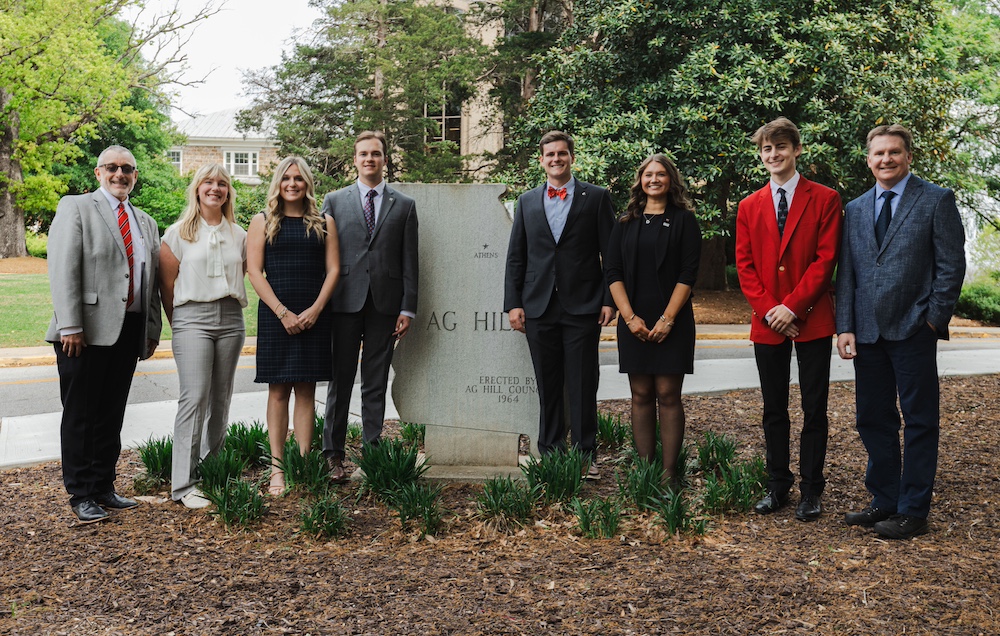 CAES News
CAES News
Congressional Agricultural Fellowship
The Congressional Agricultural Fellowship is a transformative program for students in the University of Georgia’s College of Agricultural and Environmental Sciences, offering unique opportunities to engage with the legislative process and gain practical experience in agricultural policy. In partnership with the offices of U.S. representatives Sanford Bishop, Austin Scott, Buddy Carter and Raphael Warnock, CAES offers a prestigious 12-week summer fellowship program that provides selected students with firsthand exposure to the legislative process and the creation of agriculture policy.

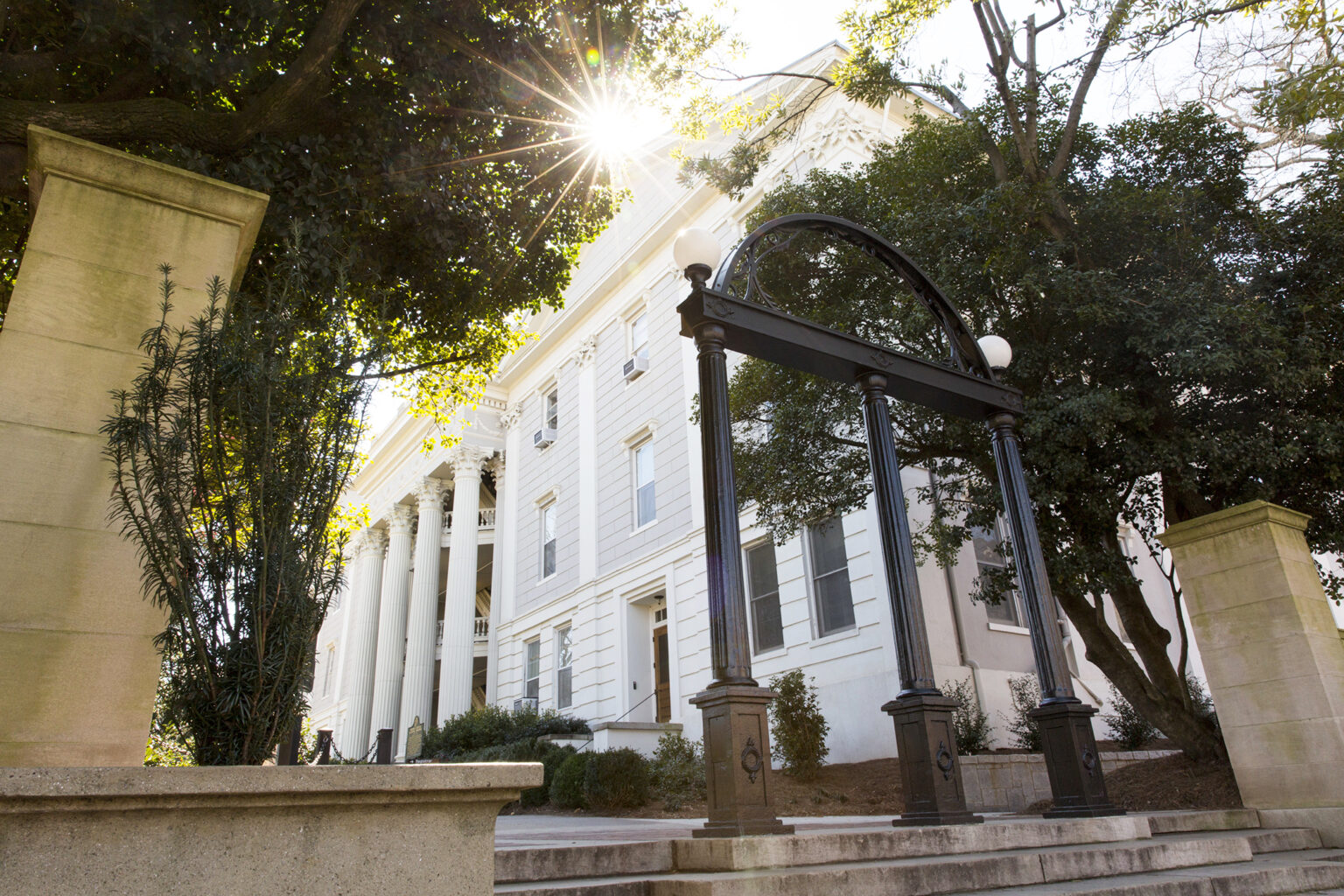
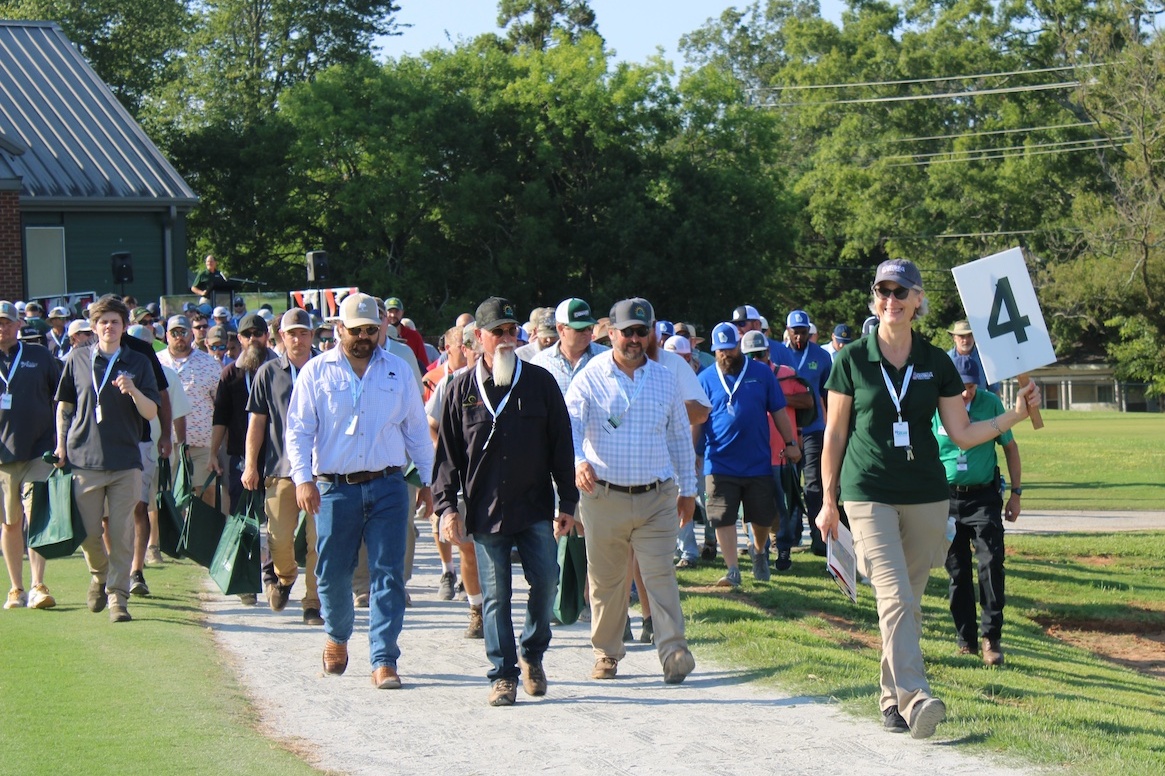
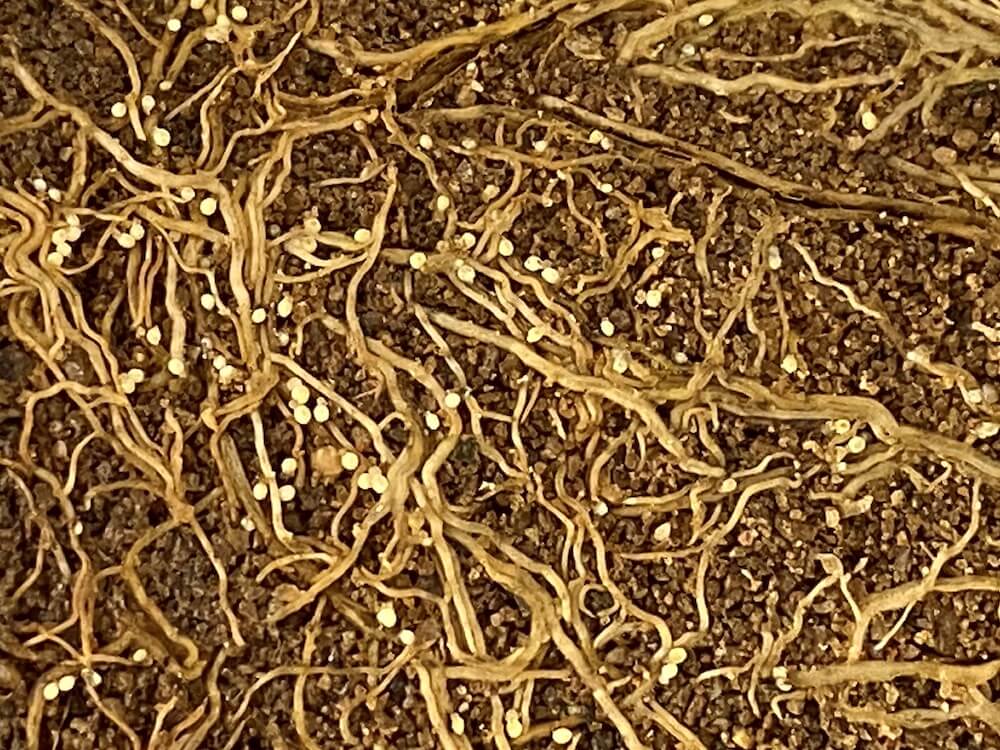
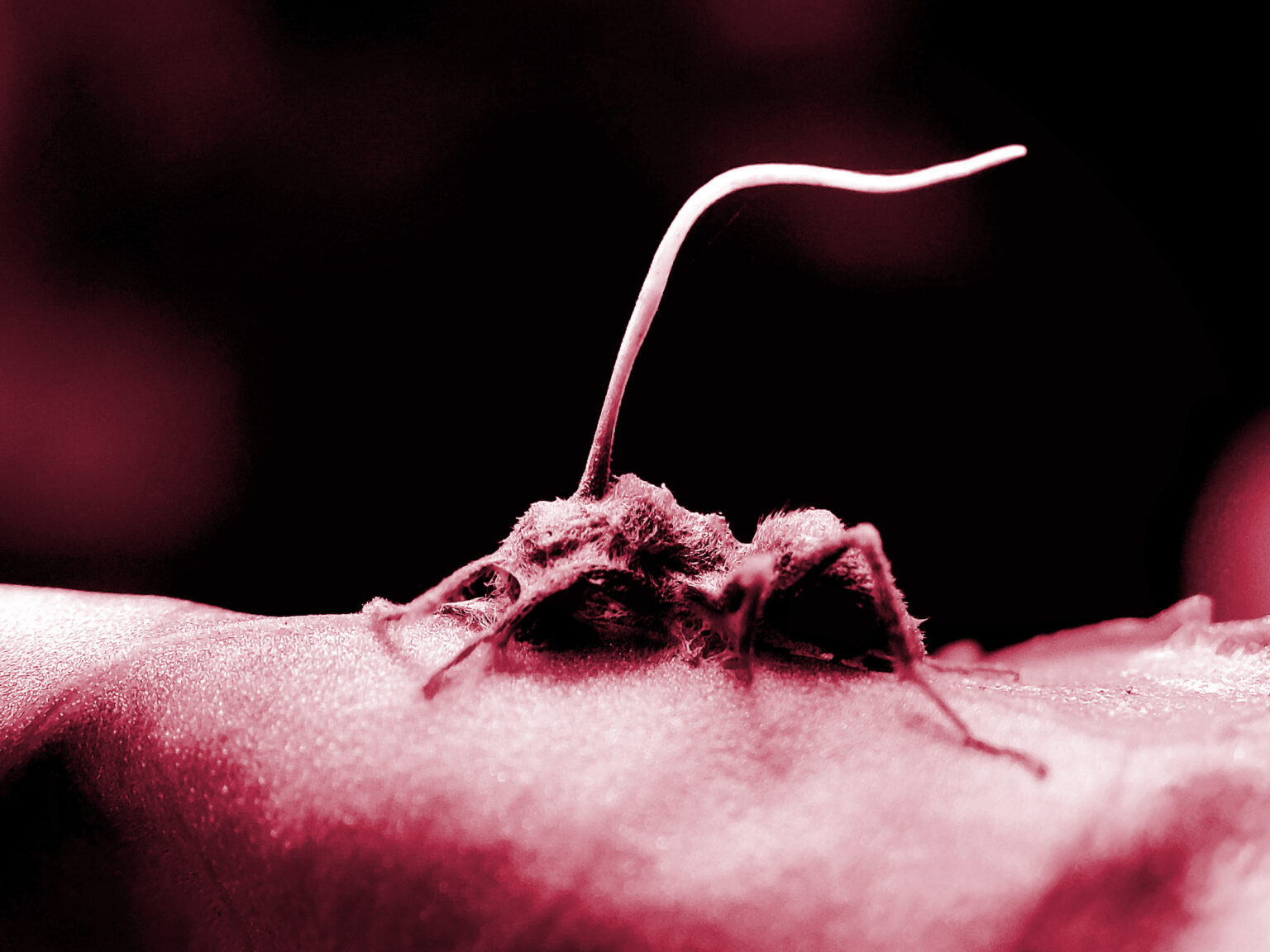


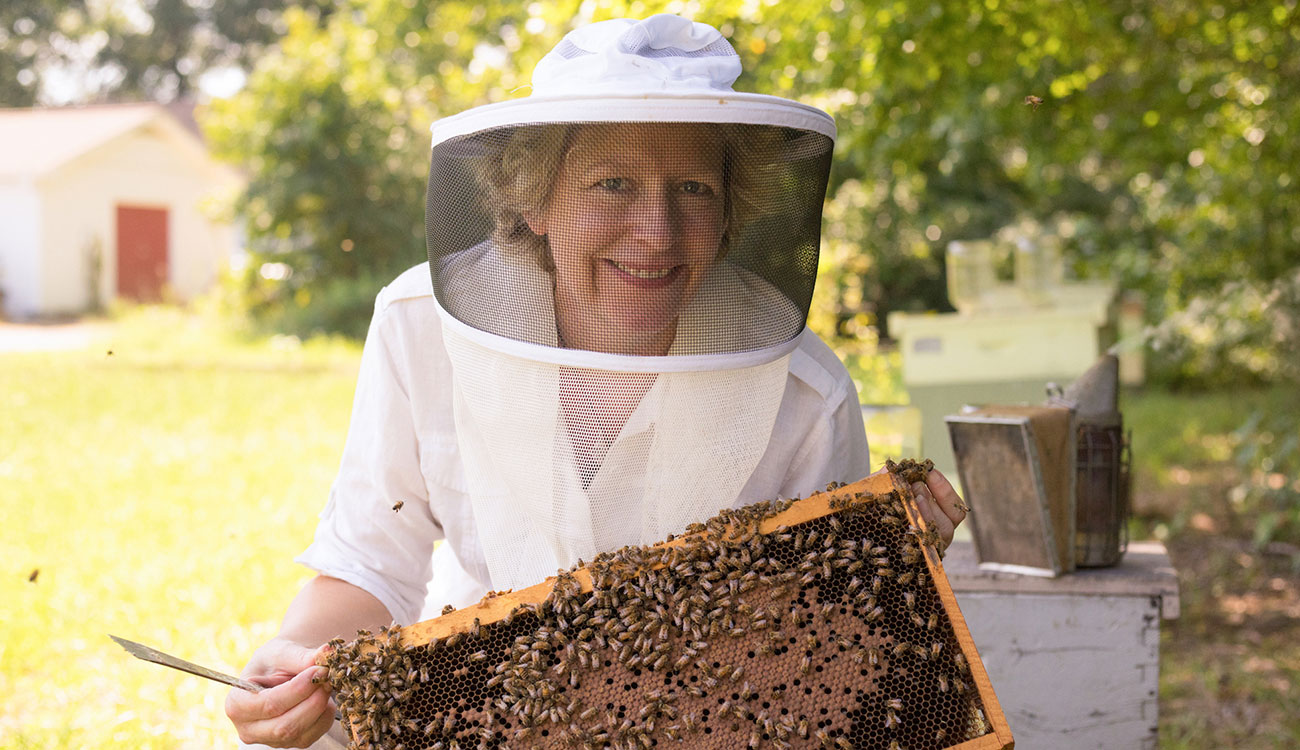
.jpg)
